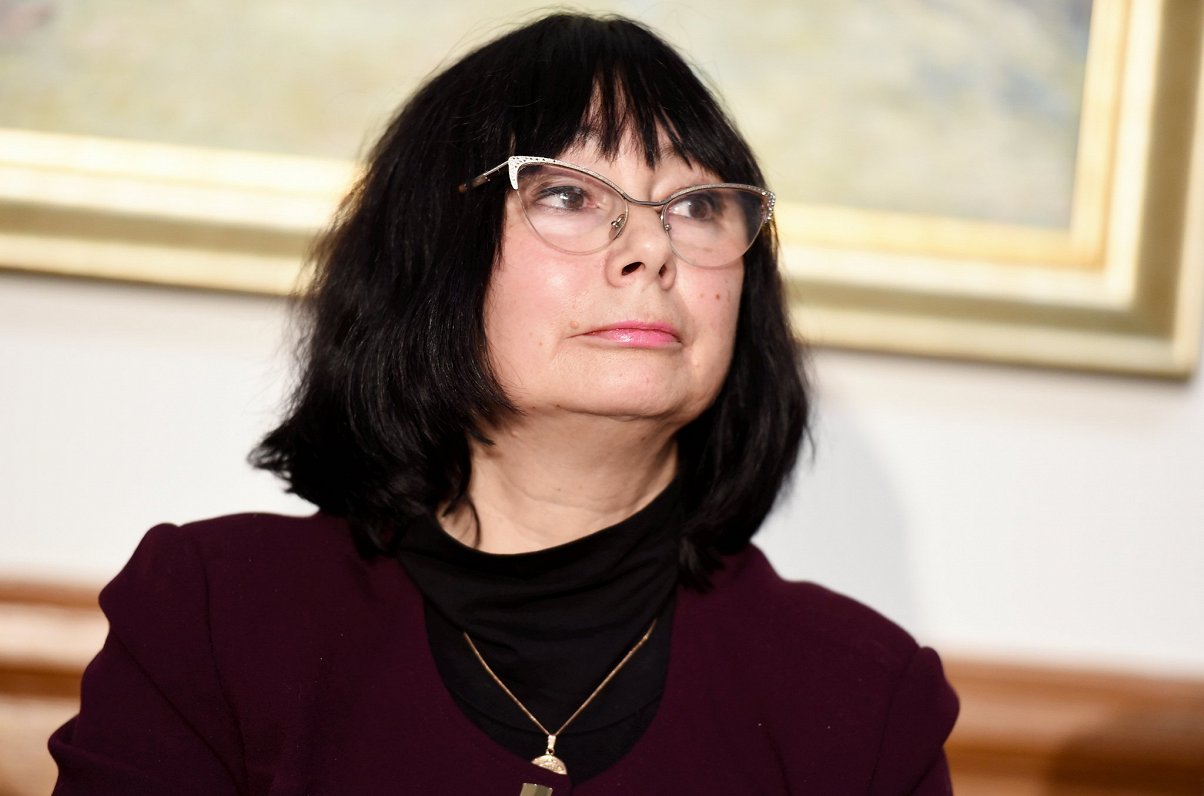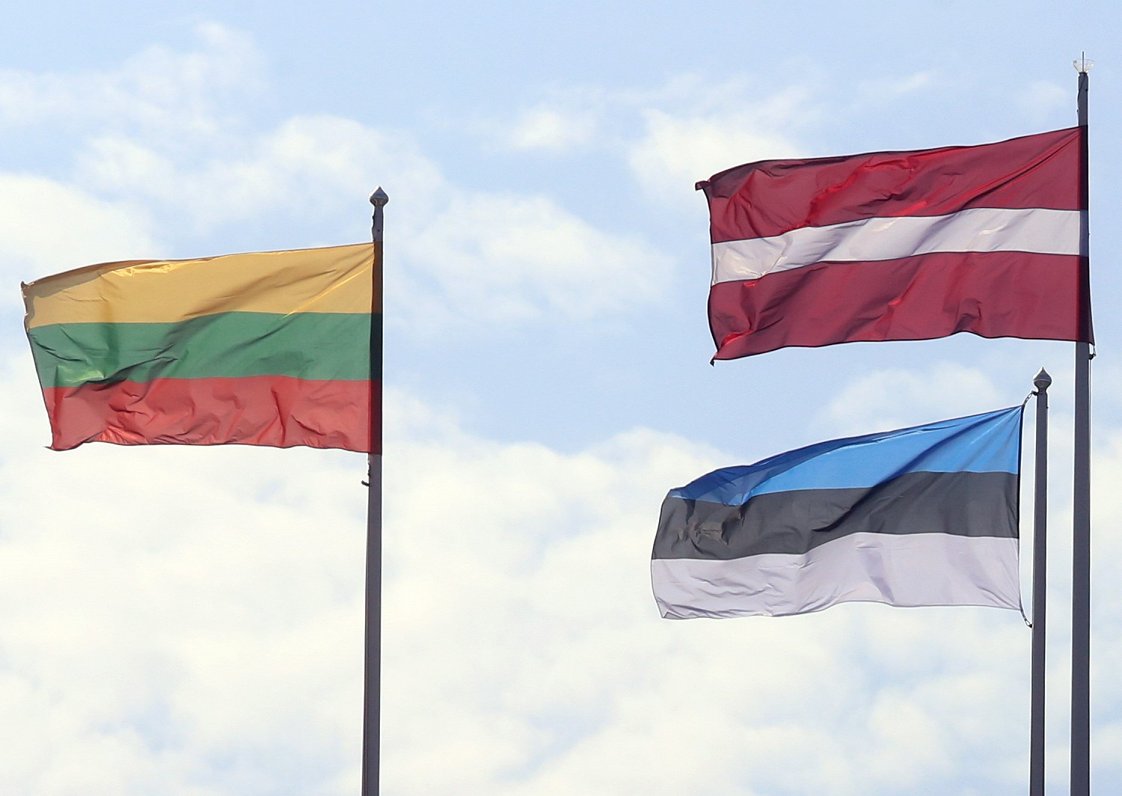The Jury noted that the story of Serafima and Bogdan paints a vivid picture of the characters’ exceptional world: the villages, lifestyle, religion and language of the Old Believers.
“It is partly a fairy-tale, and partly an ethnographic portrayal of a community rich in traditions and history. Afanasjev’s mastery of style, detailed descriptions and metaphors make different feelings and actions clear to the reader. He pays special and acute attention to environment and details,” the materials of the Jury underline.
The BA Prize in the Arts was awarded to art historian Ginta Gerharde-Upeniece (Latvia, pictured below), and the BA Prize in Science was awarded to Virginijus Šikšnys (Lithuania).

The Prize consists of a monetary prize, a certificate and a statuette, which are presented every year at the Baltic Assembly session. This year, the prize ceremony will be held in Vilnius on 4 November.
The members of the Joint Jury of the BA Prizes were specialists in the fields of literature, the arts and science from Lithuania, Latvia and Estonia: Valdemaras Razumas, Erika Drungytė, Petras Skirmantas, Rimantas Jankauskas, Bārbala Simsone, Diāna Lagūna, Guna Zeltiņa, Triin Soone, Piret Tibbo-Hudgins and Marika Mänd.
The Baltic Assembly has been awarding the Prizes in literature, the arts and science since 1994. The aim of the prizes is to promote outstanding achievements and to support the development of these fields in the Baltic States. Creation of opportunities to learn about the achievements of neighbouring countries, demonstrating the mutual interest of the countries in this region to uphold their national identity and self-esteem, and supporting outstanding achievements in literature, the arts and science strengthens the cooperation between the Baltic States and encourages people’s interest in the intellectual values and languages of the Baltic nations.























